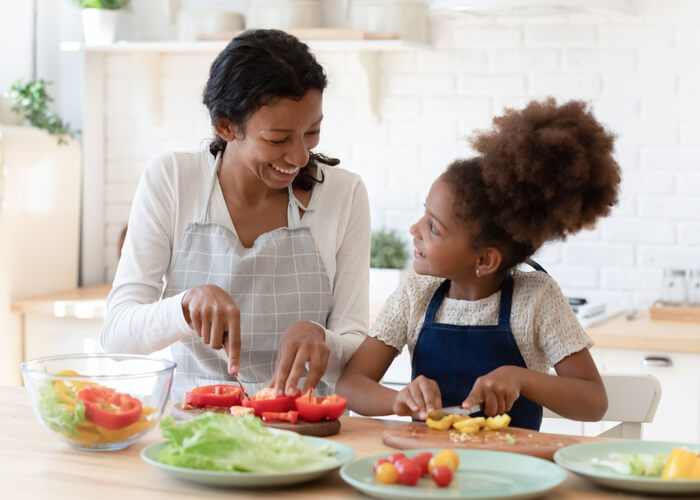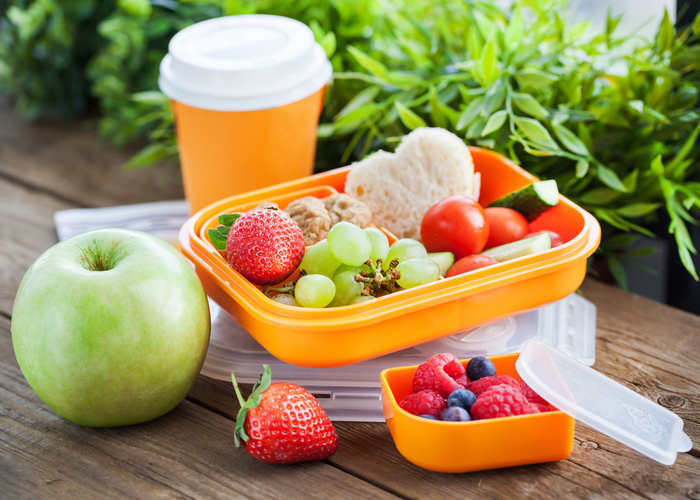Cooking is an art that very few have learned to master. While most people love to eat, some people love to feed, i.e., cook for others. Did you ever observe how two people would be using the same ingredients, yet one master it and the other doesn’t? It is all in those little tips and tricks of cooking. Just like painting, you need to know your strokes. You see your friends on Instagram and Facebook uploading some amazing pictures of dishes they’ve cooked and served in stunning looking casseroles. While food is a means to survive, food is also a means to comfort and joy, and no one can deny that. So, if you are a beginner cook and are trying to find your niche in the world of cooking, you are in the right place! Read on for neat tips and tricks to make your cooking venture easy and smooth.
1. Know Your Spices
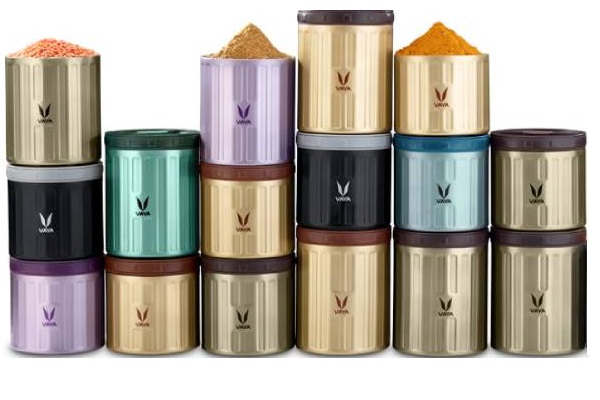
Spices are integral to Indian cooking. There is no cooking without the masalas, and it is essential to know what exactly you are dealing with. You need to understand the taste as well the aroma of all the spices. You should also know that which should be used in which dish for which purpose. Having a hang of all the spices will help you big time! The best way is to taste your spices; this way, you will know what exactly they bring into a dish. It will also help you know when to add different spices at different intervals without getting muddled up.
2. Understanding Seasoning
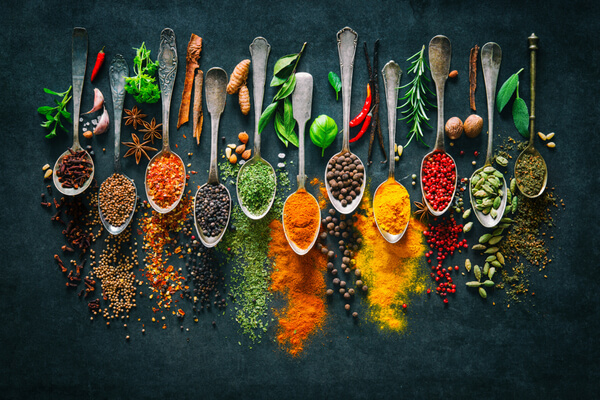
Your dish can go from good to best with just the seasoning; all you need to understand is what and how much. Take salt, for example. Have you ever wanted to just throw away a beautiful dish just because it turned too salty? Everything would’ve been perfect, but the salt went wrong. That’s the importance of seasoning. But seasoning isn’t only about salt and pepper. There are a lot of ingredients you can use to season your dish beautifully. The art of balancing the flavor does the trick. With time, seasoning does get better, but for a beginner, it is important to be careful with it. It takes care of texture, color, and the balance of flavor. That is the importance of seasoning!
3. Not Adding Everything at Once
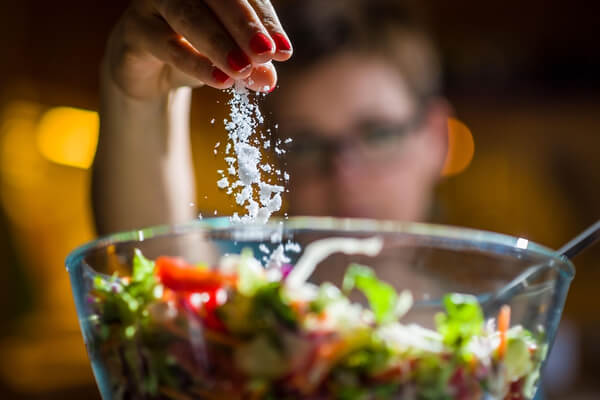
Indian cooking is mainly about layering. Throwing in all the ingredients together seldom brings any tasty result. As mentioned earlier, the trick is always knowing when to put what! When you taste an Indian dish and try to guess the flavors, you will often find more than three. That is why Indian food is special, it is anything but bland, and it doesn’t consist of just one flavor. Did you know that different sauteing time lengths of onions can bring different tastes to the dishes? Or adding a few ingredients too early in the dish can result in burning. The gap between each ingredient is also a crucial factor in the end taste of your dish.
4. Having Everything Ready
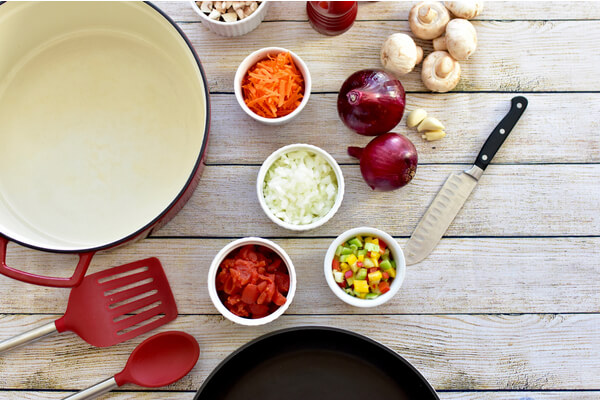
Remember how it was always advised to be prepared with everything during examinations? Like a compass, pencil, eraser, sharpener, ruler, etc. Being prepared leads to less stress, and less stress leads to perfection. Scurrying through the kitchen hurriedly and throwing in the ingredients is never a good idea, especially when you are just starting out with cooking. It is said that “By not preparing well, you are preparing to fail.” So, get your ingredients, your equipment, and your recipe ready before you start the act. It would help if you understand what preparation is needed, the timings, and how you will serve.
5. The Knowledge of Meat
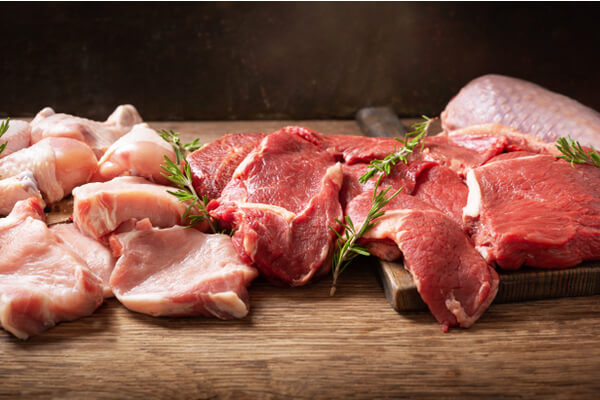
Of course, this is for all the non-vegetarians out there. Your love for meat might know no bounds, but so should your knowledge of them! Having a little understanding of the different cuts of meat will help you choose the right meat for the appropriate dish. For example, the harder working muscles in an animal make for slow and prolonged cooking. The parts that don’t require a lot of work can be cooked quickly, needing lesser time. By understanding this, you can easily plan your weekly meals and weekend ones too. Ready for that mutton biryani?
6.Keeping your Kitchen Space Tidy and Organized
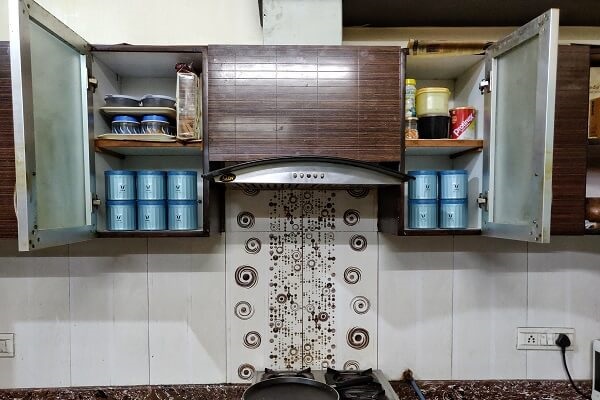
As your workspace should be tidy for better productivity and clear thinking, the same goes for your kitchen too. If you don’t keep things back where they belong, imagine the confusion and frustration! If you need to go to work and you are in the kitchen trying to fix a meal and find everything disorganized, you either are going to stay hungry that day, or you won’t be going to work! Keeping everything in its place will ensure a smooth sail. Fix a space for everything in your kitchen and stick to it. When you do that, you don’t have to spend a lifetime locating your ingredients and equipment.
7. Read Your Recipe
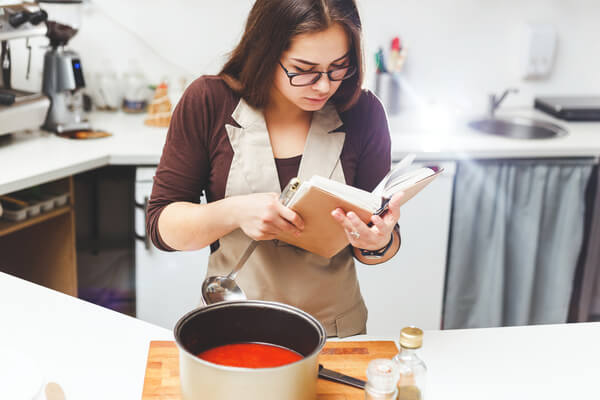
This applies to beginners who are trying a hand at cooking. It also helps all those experienced people who are trying out a new recipe. Writing down a recipe is always a better way as one dish can be prepared in different ways, but there will be that one method that will taste better than others. Read the recipe from start to end to avoid any kind of surprises. It is always a good idea to go over the recipe before you start your cooking is recommended. And also, you need to know what you’re doing! If your chicken needs marinating, make sure you are doing the needful!
8. Being Efficient
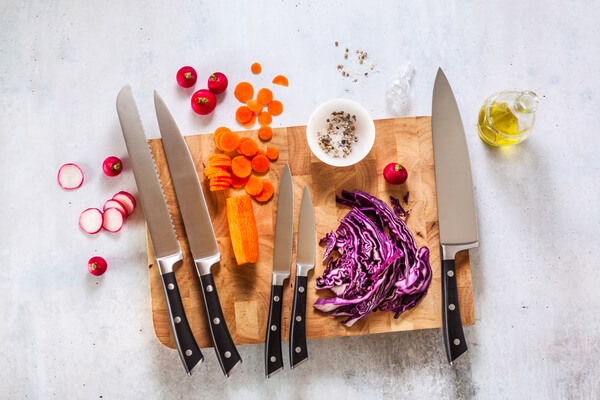
The hustles of life are such that you can’t really afford to spend a lot of time in the kitchen. That means you need to better your hand at multi-tasking. For example, being able to do multiple things at the same time, like your curry is getting cooked on the stove, and you simultaneously run the grinder for the batter and chop veggies for the salad. Doing this will infinitely save your time and a 2 hours kitchen work gets reduced to one hour. You can also make a time plan for certain kitchen jobs and understand how long they will take. You could also sharpen your knives skills so that you are always comfortable handling them for different jobs.
9. The Right Vessel
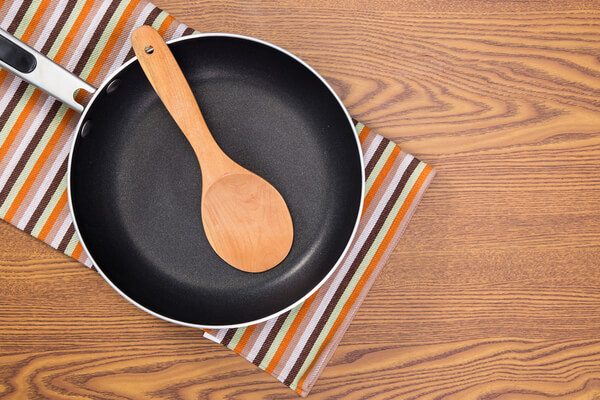
Have you ever noticed how your dosa gets stuck to the pan sometimes? That is because you are using the wrong kind of Tawa or pan for it. There are different kinds of vessels or pans for different dishes. For dishes like kheer or upma, using heavy-bottomed vessels do the trick. It is also useful to use wooden ladles or spoons for non-stick pans as steel can erode the top layering of these pans. Do research on different vessels and pans to get the right idea, and half of your work is done!
10. The Pressure Cooker for Less Pressure
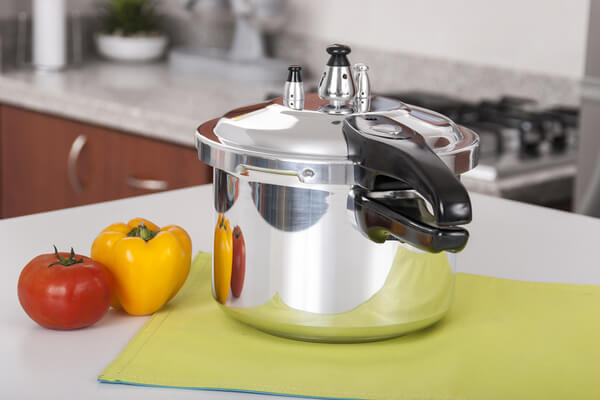
If you’ve been in multiple Indian kitchens, then you would’ve noticed how much multi-tasking a cooker can do. While it makes things easy and simple, it also cooks the dishes efficiently. Especially when it comes to dishes involving dals like rajma or chole or chana, you can depend on the cooker to do the job perfectly. Some even use it for cooking chicken and rest assured, it tastes amazing. So investing in a good pressure cooker is always worth it. You can also get a small, medium, and large one for different purposes.
Conclusion
Once you start cooking, you will realize the joy of it. The happiness of cooking your loved ones’ dish is unmatchable, especially when they like it or rather love it! But cooking is never as simple as it looks or feels. It needs some knife sharpening, some culinary skills, and a knack for cooking to get it right. The secret always lies within those little things. These tips and tricks can turn around your cooking game and probably make you the best cook ever! Two important questions come into play; how much and when. When you understand these two in the game of cooking, you can safely say that you’ve learned the art efficiently.

